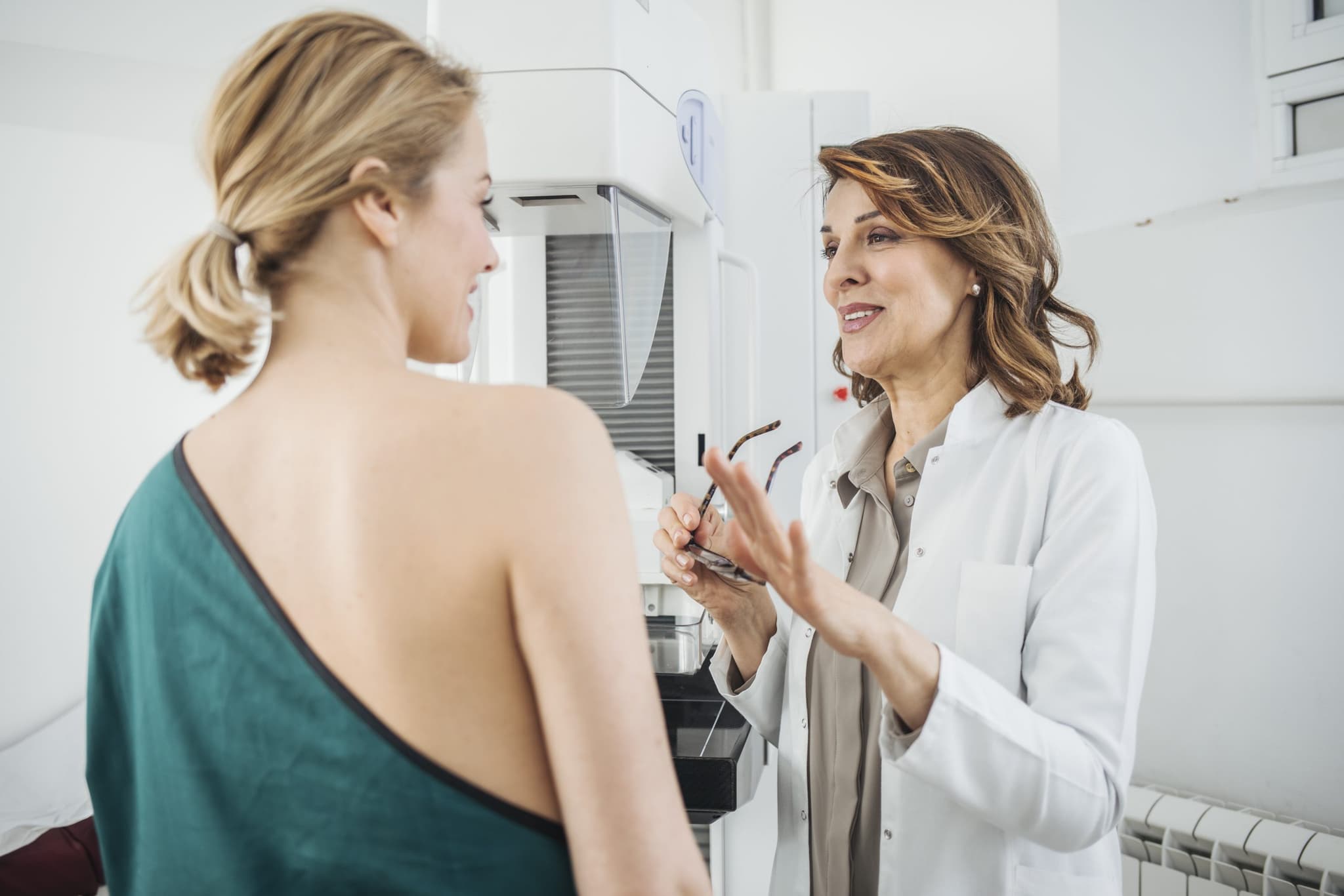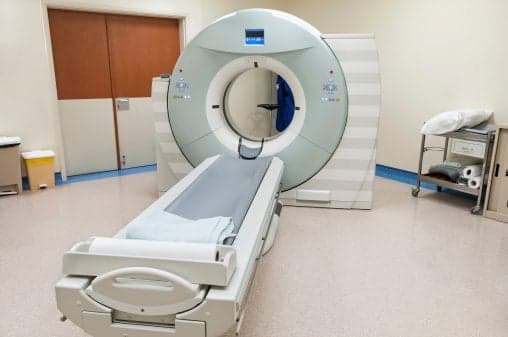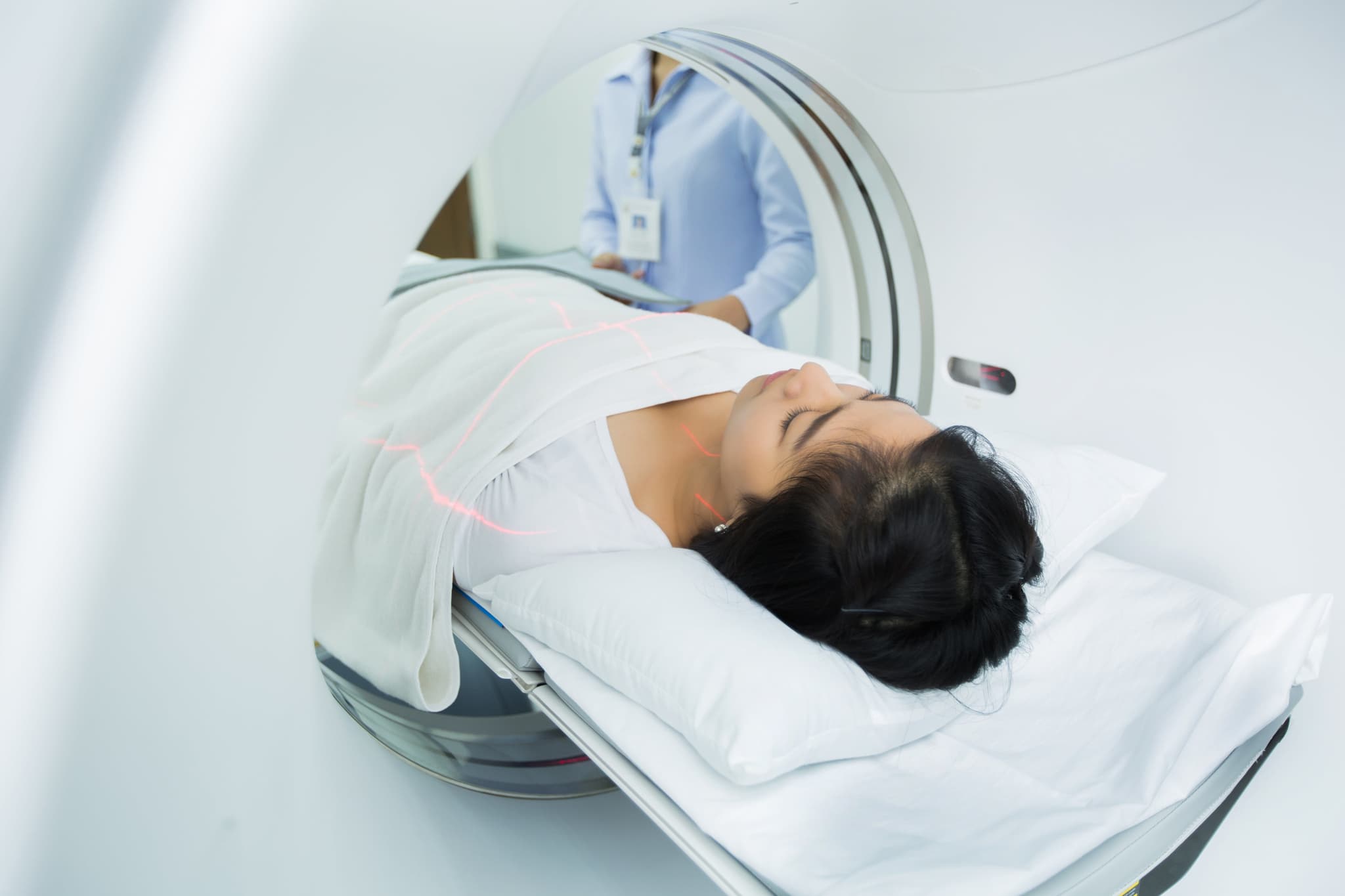
2021-10-27T16:18:53
Why your Next Clinical Breast Exam Should Include a 3D Mammogram
- Cancer Center
- Imaging
October 3, 2017 | Imaging
Specialties:Imaging • Radiology

Physicians may recommend a computerized tomography (CT) scan to help visualize different structures in the body through the use of X-rays. A cardiac CT scan uses CT technology to examine the heart’s anatomy, coronary circulation and great vessels (aorta, pulmonary veins, and arteries).
A Cardiac CT scan can help your doctor detect various conditions of the heart including heart disease, blood clots, tumors, defects and others.
Types of Cardiac CT Scans
There are two kinds of CT scans that can be used to help diagnose heart disease:
The Future of Heart Disease Detection
PET scans, or positron emission tomography scans, may soon be combined with CTA scanning to detect heart disease. PET scans use small doses of radioactive material to help provide information about different functions of the body such as blood flow or glucose metabolism in the heart, while CTA scans show heart shape and volume. More research is needed on PET/CTA tests for heart diagnosis, as there remains debate among cardiologists.
Preparing for Your Cardiac CT Scan
Prior to your cardiac CT scan, make sure you:
Follow all instructions provided for preparation, which may include an IV, blood work or other lab tests in advance.
During and After Your CT Scan
After the scan, you can continue all normal activities and diet right away. Your results will be examined by a team of specialists, who will evaluate the results and determine your risk of coronary artery disease. They may make recommendations for alterations of lifestyle or medications, or for additional testing.
Revere Health Imaging offers the most advanced imaging technology in Utah Valley with convenient locations and reduced-cost exams. We even offer our imaging services at night for your convenience. Contact us today at 801-812-4624 for an appointment!
Sources:
“Diagnosing Heart Disease With Cardiac Computed Tomography (CT).” WebMD. http://www.webmd.com/heart-disease/guide/ct-heart-scan#1“Heart CT Scan.” Healthline.
WRITTEN BY:
The Live Better Team

2021-10-27T16:18:53

2019-10-15T16:28:57

2019-04-22T16:29:21

2017-12-26T11:52:27
This information is not intended to replace the advice of a medical professional. You should always consult your doctor before making decisions about your health.